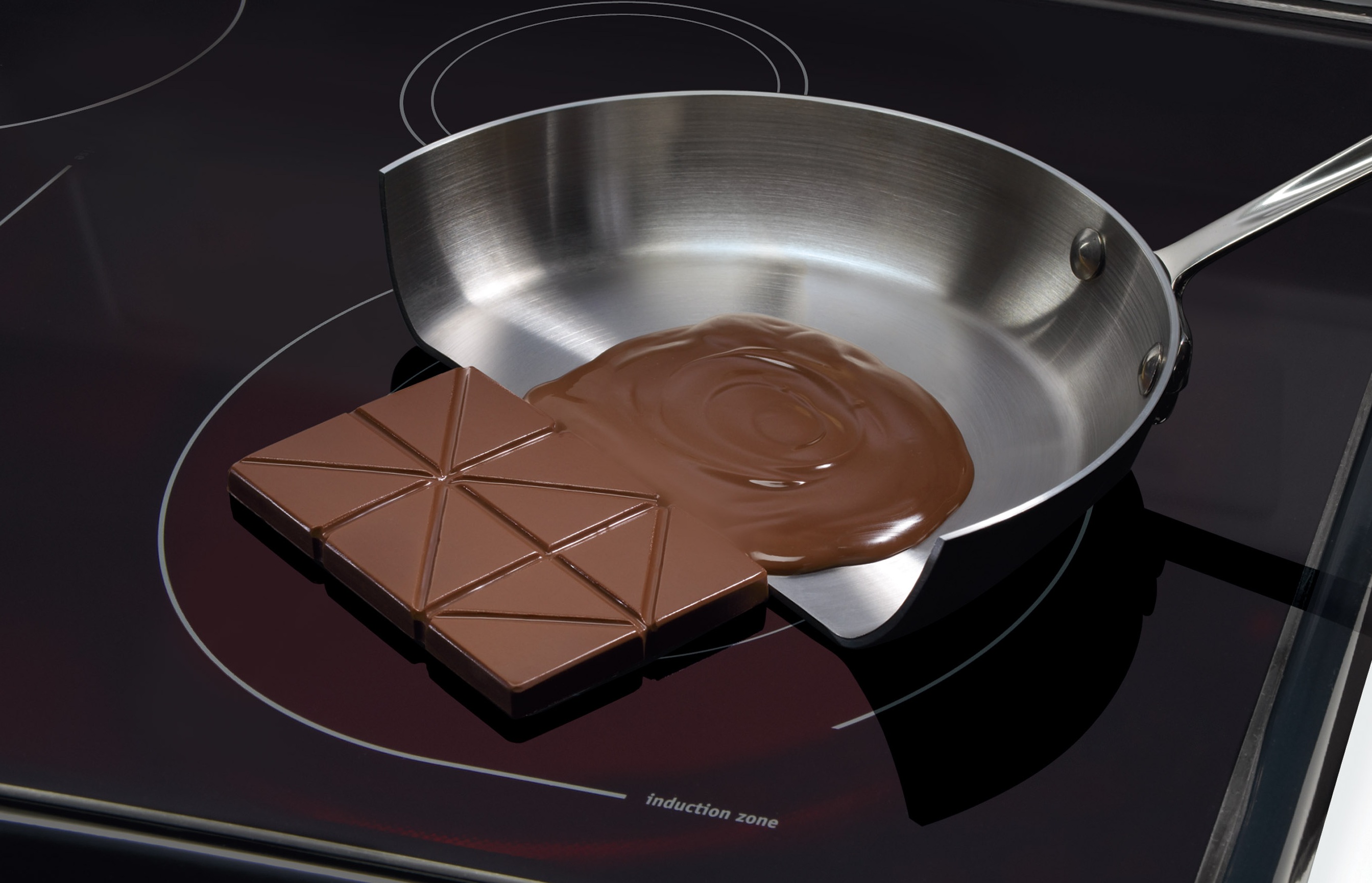zinger1457
Thinks s/he gets paid by the post
- Joined
- Jul 22, 2007
- Messages
- 3,229
So what's the difference between a regular electric top and an induction? Does it give you better temperature control then a regular electric? I've always had a gas in my home but have used electric tops many times when traveling and never liked the control. When needing to adjust the temperature (boil to a simmer) an electric seems to takes forever, a gas is almost instantaneous.

